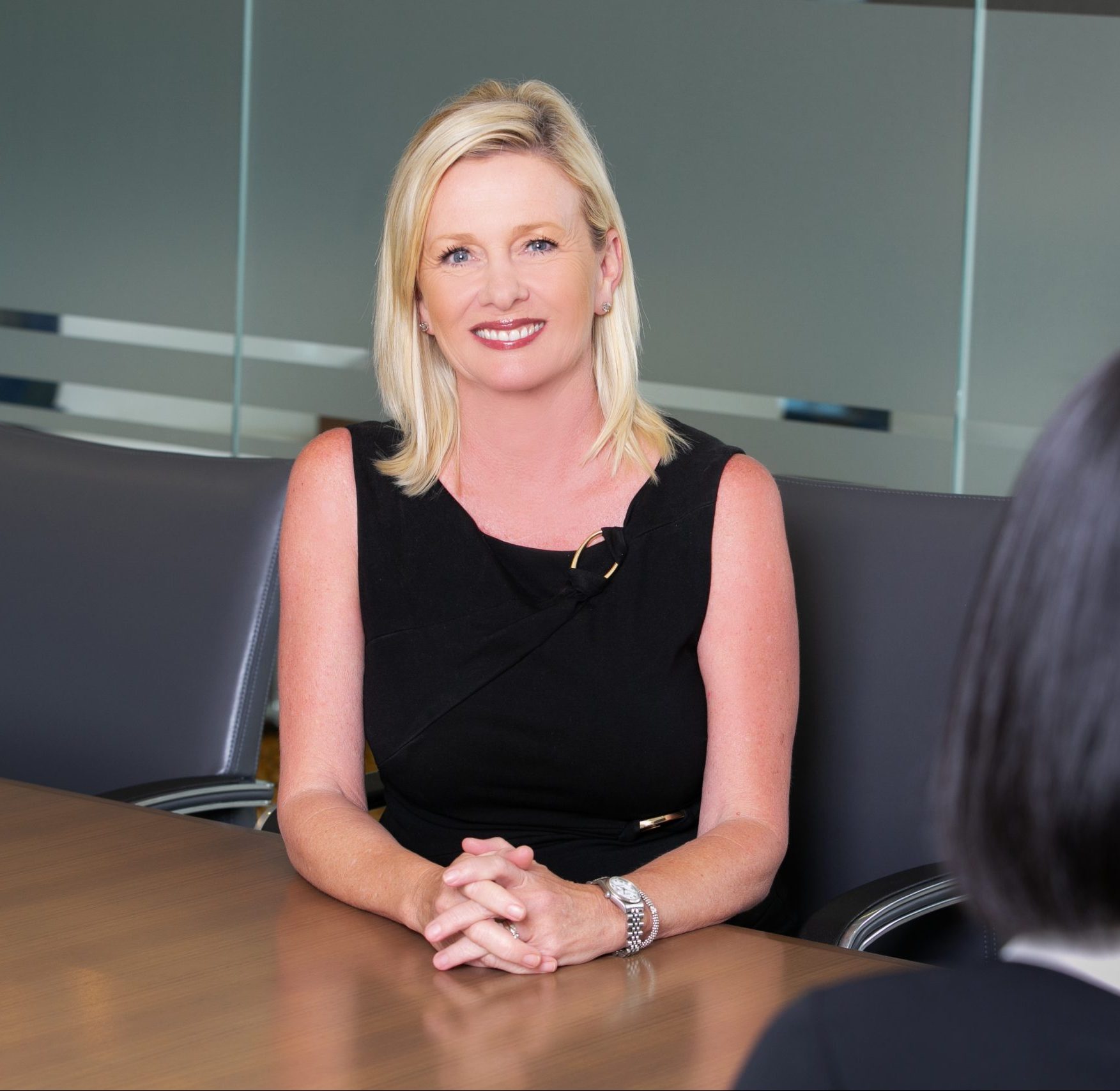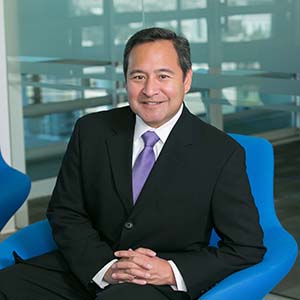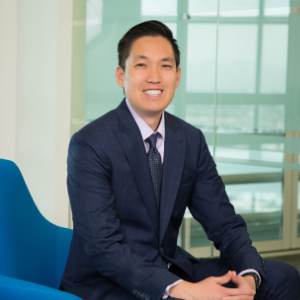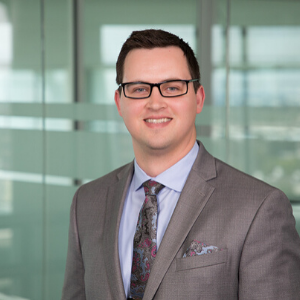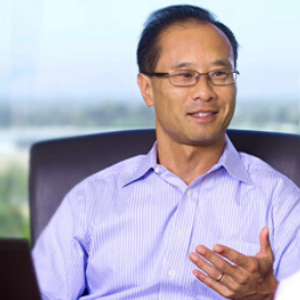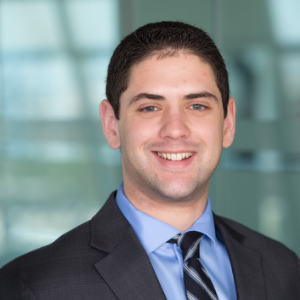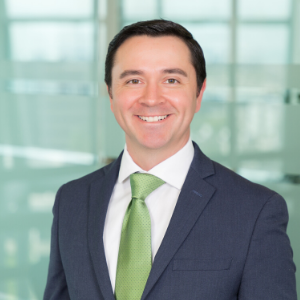
We sat down with members of our team to discuss the current situation surrounding the COVID-19 health crisis and the market’s reaction to it. Knowing that what’s happening is raising a lot of questions for our clients, we wanted to share our thoughts with all of you. Some of our team has experienced market drawdowns before, much like a portion of our clientele. We were curious how past downturns may affect their perspective of the current situation versus members of our team who are experiencing this for the first time in their careers. Here is the team & their responses:
Q: How is this market drawdown different from others you have experienced?
“This crisis is different because of how fast the markets have come down in a short period of time. We have never experienced a global lock down like this. Empty streets, freeways and buildings, it is an eerie feeling.”
“This is very different because the market sell-off and global recession were not a result of irrational exuberance from a technology bubble or a real estate bubble.”
“This drawdown is different in that the economy was in better shape, but the market was more overvalued.”
Q: How do you feel about this first market drawdown of your career?
“Overall, it’s obviously a very somber experience. I am sad for those who have lost their jobs or business due to no fault of their own. I also feel for those who are in a tough spot when it comes to their retirement timeline. The pace of decline we are going through is something that is truly unprecedented. I do feel good about how our investment team has responded on an individual client level, and there are always intelligent things to do financially during downturns. ”
“It’s a bit unsettling and it’s going to be tough for a lot of people. The next few months will hurt, but over the long term I remain optimistic. Our country is very resilient, and I believe in our ability to bounce back from this crisis.”
Q: How long will it take to recover? Is there anything that we can expect?
“Market and economic recoveries are all different, and some take longer than others. Regarding this current crisis, I believe we will be in a much different place a year from now. We will be on the mend and we will bring more manufacturing back to the United States, which will create many new jobs for Americans. ”
“It’s too early to tell what the recovery period will look like, yet if past recessions of this magnitude are any indication then it will take longer than most people expect. The markets will reward patience. ”
“Typically, we expect 3-5 years to see the economy recover.”
Q: Do you feel as though this is a set-back or an opportunity?
“I think the answer to this question is largely time-horizon dependent. If someone has either a large enough amount of money, or enough years to wait this out, then this is an excellent opportunity long term. If someone has neither of those, then this is a truly challenging setback that needs lots of planning to overcome. Fortunately, a vast majority of our clients fall into the first category of being positioned well enough due to portfolio size or age to get through this. Our clients also typically have at least some equity positions, which can be viewed as an excellent long-term growth opportunity. ”
“It feels like a reset on the world, although painful and stressful, will result in tremendous opportunities for many people.”
“I think that this is a clear set-back for the economy, and it will take time to recover and get back to previous levels. However, it has created a fantastic opportunity for investors to buy great companies at low prices.”
Q: How will this affect how you provide financial advice in the future?
“One of the first things that you learn about financial planning is the importance of having an emergency fund of 3-6 months’ worth of expenses. While this is always something that I have looked for and talked about, it’s traditionally been more of a “check box” item of planning. However, I now have lived in a time period where more than 10 million people filed for unemployment in 1 month, and we have no idea how long it will be before they and many others can get back to work. Never in my lifetime have I experienced a situation where having a fully funded emergency fund will be more relevant and important than it is right now. This holds especially true for retirees who often times, and for good reason, are very concerned about withdrawals from their retirement accounts when their investments are negative for the year, by holding cash on the sidelines they can withdraw from those emergency dollars and avoid having to sell out of equity positions at inopportune times. ”
Q: So, what CAN we control?
1. Our Asset Allocation
“No one can predict the highs and lows in the marketplace. Sticking to your plan and having the right asset allocation for your needs has proven to be the best course of action over a long period of time to meet investors’ goals. ”
2. Our Financial Plan
“Having a financial plan is the first and most important step towards financial success, and this holds true for any stage in life as the plan helps us to understand how we are affected in all types of markets. A financial plan can also help us to prepare for a down market before it happens as it give us an opportunity to plan ahead. ”
“Typically, those who tend to react less emotionally also have a plan in place!”
3. Our Attitude
“This too shall pass. We live in the strongest country with the best health care service and professionals. We will be stronger as a nation after this has come to an end.”
“The market will push your emotions to the limit.”
“Buying low is never easy! When you lean into your fear you become a better investor. The market is a great teacher to becoming a more disciplined investor.”
“Investors should focus on keeping their emotions in check. Over time, the market will move up and down, but if our economic and political system stays in place, U.S. stocks will move higher over the long term. I believe one of the greatest risks to investors is themselves. It is more important than ever that investors recognize this and stay focused on their long-term goals.”
4. Our Decisions
“Do not repeat the mistakes from those of the past; fight the emotional urge to make short-term financial decisions that will have a significant impact on your long-term financial plan.”
“Try to stay level-headed and think 5-10 years out.”

